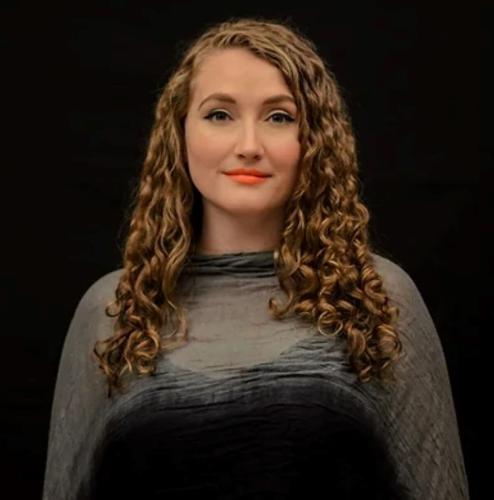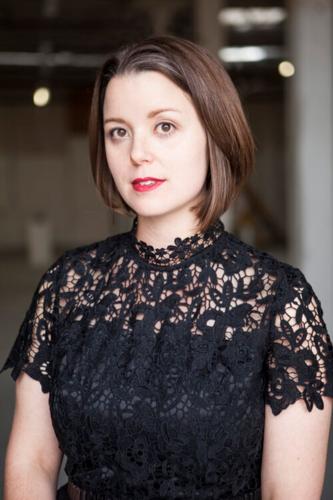St. Andrew’s Bach Society is going way, way, way back in its opening concert Sunday, June 2.
We’re talking the 1600s, back to the rock star days of Baroque giants Bach, Handel, Purcell and Monteverdi.
“Baroque Delights,” which opens the 36th annual Bach Society summer series, features vocal and instrumental works that highlight the specialness of the era, said the concert’s creator, mezzo-soprano Thea Lobo.
“There is some really amazing Baroque pieces, some of which people know very well, but there is something special about Baroque music,” said Lobo, a longtime member of Tucson’s Grammy-nominated True Concord Voices & Orchestra.
Lobo created “Baroque Delights” originally as a fundraising concert for True Concord, but the event was put on hold courtesy of the COVID-19 pandemic.
Lobo put the idea out of sight, but not out of mind.
“I had kind of been looking for places to use it,” she said during a phone call from her Florida home last week.
Last summer, when she joined True Concord in Phoenix to record its latest CD, “A Dream So Bright: Choral Music of Jake Runestad,” she proposed the concept to fellow True Concord vocalist soprano Margot Rood and True Concord violinist Freya Creech.

Rood
Both were on board to do the concert, which Lobo pitched to longtime Bach Society Director Ben Nisbet, who also plays violin in the True Concord orchestra.
“We haven’t done tons of vocal music over the years, but when we have it’s been pretty special,” he said when he announced the series earlier this spring.
This is Lobo’s second time on the summer series; she sang the role of Dido when the series presented the concert version of Purcell’s Baroque opera “Dido and Aeneas” in 2013.
In addition to the trio, Sunday’s concert, which begins at 2 p.m. at Grace St. Paul’s Episcopal Church, 2331 E. Adams St., features Lobo’s husband, keyboardist Sam Nelson, and Tucson Symphony Orchestra cellist Robert Chamberlain.
Lobo has been championing Baroque and early music throughout her career after being introduced to works by Bach when she was studying piano in middle school.
“I have a Bach tattoo on my foot,” she confessed, describing the ornate pineapple-shaped design woven out of the composer’s “JSB” initials. “I call it my dork stamp.”
Baroque music, she said, “can be very catchy. It was composed at the time of the Enlightenment. There was this expansion of knowledge and art and music. A lot of it was meant to be entertaining but also thought-provoking.”

Creech
Her program includes a mix of vocal and instrumental works including Bach’s “Ich will doch wohl Rosen brechen” for mezzo, violin, harpsichord and cello; Handel’s “Guardian Angels, Oh, Protect Me” from “The Triumph of Time and Truth” for soprano, violin, harpsichord and cello; Francois Couperin’s harpsichord piece “Les barricade mysterieuse;” Purcell’s “O Let Me Weep” from “The Fairy Queen” for soprano, violin, harpsichord and cello; and Monteverdi’s “Zefiro torna e di soave accenti” for soprano, mezzo, harpsichord and cello.
The program opens with Violin Sonata No. 2 in D from French composer Élisabeth Jacquet de la Guerre, one of the lesser-known composers on the program.
De la Guerre was a trailblazer for female composers during the Baroque era, composing music at a time when women weren’t encouraged to take the male-dominated path.
“I think her music is amazing. I heard this sonata and I was just wowed by it,” Lobo said, adding that initially they had planned just to do one movement from the piece, but after listening to it, decided it was too good not to do in full.
Premium tickets for Sunday’s concert are sold out; general admission tickets ($16) are available through standrewsbach.org.
J.S.Bach Sonata No. 3 for Solo Violin in C Major BWV 1005
-Largo-
Performed by Freya Creech
April 2018, Solitär, Universität Mozarteum, Salzburg







